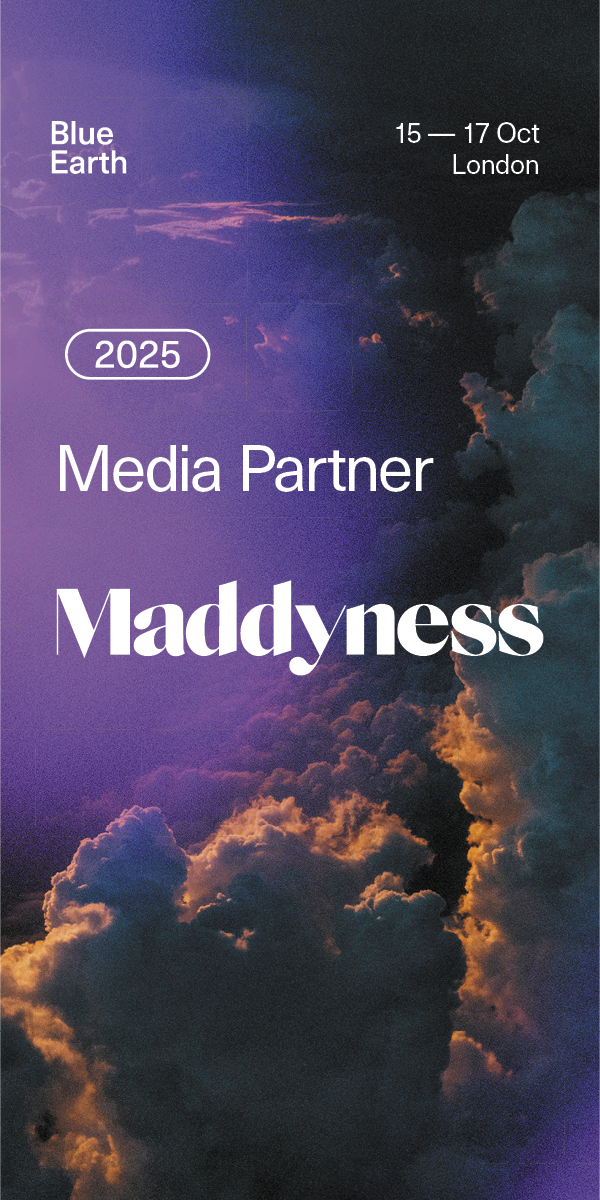With the war in Ukraine, building digital sovereignty has never been more strategic for the European Union. The conflict revealed that by cutting some submarine cables, Russia could theoretically cut off the European Internet. So, what is the best way to gain independence? Who should we trust with our technologies? Where should we house our millions of data and to which private stakeholders should we entrust it? And how can we encourage the creation of green energy in Europe? FutureProof Summit, the first European forum dedicated to digital sovereignty, tried to answer all these questions. We focus on five key moments.
Protecting yourself from cyber attacks
For its first edition – which brought together entrepreneurs, investors, startups, technophiles and many curious people at EuraTechnologies Lille – the FutureProof Summit put its foot down by tackling cyber attacks, the main threats to democracies, early in the morning.
"The next crisis will be a cyber crisis," says General Marc Boget. For him, there is no doubt that the virtual threat is real. “There is a cyber-attack every eleven seconds in France,” said the commander of the gendarmerie in cyberspace, who came in uniform. And the danger has increased with the COVID-19 pandemic and the development of teleworking. This situation is likely to get worse with the upcoming international events in France: the Rugby World Cup in 2023, and the Paris Olympics in 2024.
To counter the threat, the number of cyber investigators is expected to increase from 7,000 today to 10,000 in the next two years. At the same time, it is important to detect weak signals and train companies in cybersecurity, recommends Georges Lotigier, CEO of Vade, the French leader in email protection. And for good reason – 92% of cyber attacks start with an email.
"The human element is the weakest link in cybersecurity,” says the entrepreneur.
A virtual front to help Ukraine
During the summit in Lille, one current event set the tone: the war in Ukraine. Far from the tanks and battlefields, another front is taking shape... this time, a virtual one.
"Resistance is also taking place through keyboards," confirmed Ukrainian entrepreneur Yaroslav Azhnyuk, in a video conference from Ukraine. "Directly after the invasion, Ukrainians, the rest of the free world and those who cannot take up arms were asked to protect Ukraine with their keyboards. How? Sharing stories with journalists, creating sites to carry citizen initiatives, analysing data from drones and satellites, or soliciting hackers."
Yaroslav Azhnyuk distinguishes between two groups of hackers: activists who attack Russian infrastructures and form a "computer army", and specialist hackers like Anonymous who infiltrate systems to destroy and steal information.
Europe, a GreenTech paradise?
As the cradle of green energy, Europe has long been at the forefront of this field. While China now seems to be on board, the EU's ambitions remain strong, all the more so in the face of the looming climate crisis. As a result, GreenTech startups are becoming more and more numerous.
According to Tim Boeltken, founder of Ineratec (which provides sustainable fuels and electronics), 30% of German startups now consider themselves green, "which is much more than three years ago."
"Previously, the problem was mainly related to funding. It appears that this has changed. Startups find it less difficult to raise funds. What is still complicated, however, is finding customers,” he said.
To encourage the GreenTech movement, a solution seems to be emerging: the creation of partnerships between large companies and startups.
Social media, the tech giants’ biggest enemy
To remain independent from the tech giants when you are a social media company is the challenge that Johan Hufnagel, cofounder of Loopsider is facing.
"Along with my two partners, we started at the end of 2017 with the idea of producing content for this new generation of readers who consume on the web and no longer go to newsstands," recalls the journalist in the preamble to his keynote.
Problem: faced with the domination of the Big Giants, Loopsider wondered whether to stay on social networks or not. In particular, on Facebook, where the media is a hit.
"Should we stop and leave the field open to misinformation?" No! I think we need to stay on Facebook and continue to invest in the platforms to fight against those who want to misinform. And then, as a journalist, I want to make an impact and social networks make that possible. We would have never been able to get out of investigations like the Michel Zecler case or break a liberticidal law without Facebook and its algorithms."
The ambivalence of the media is there: the search for visibility while maintaining its independence: "We are full of paradoxes: we would like to have Facebook's power and at the same time we distrust these platforms," said Johan.
More than 100 startups loyal to the post
In addition to the conferences, the FutureProof Summit participants had the opportunity to preview the latest class of startups to join the EuraTechnologies incubators.
In total there were 110 startups, 20% of which are international and 30% are led by women. Most of them were present on-site to present their solutions. These include Planet Soar, which manufactures semiconductors for renewable energy; Jooxter a solution for optimising the use of workspaces; and CollecOnline, a platform for inventorying, securing and promoting art objects. From collecting ancient coins to digital works (NFT), it's only a small step!
Maddyness, media partner of EuraTechnologies.










